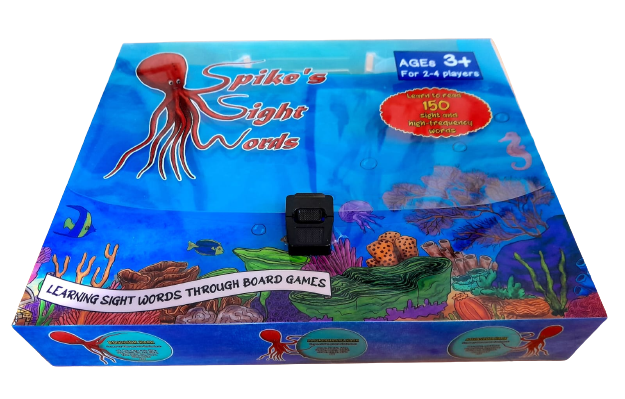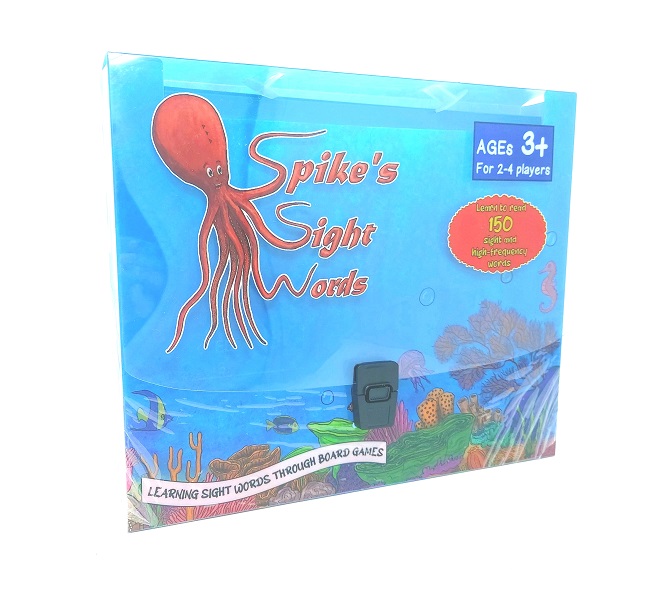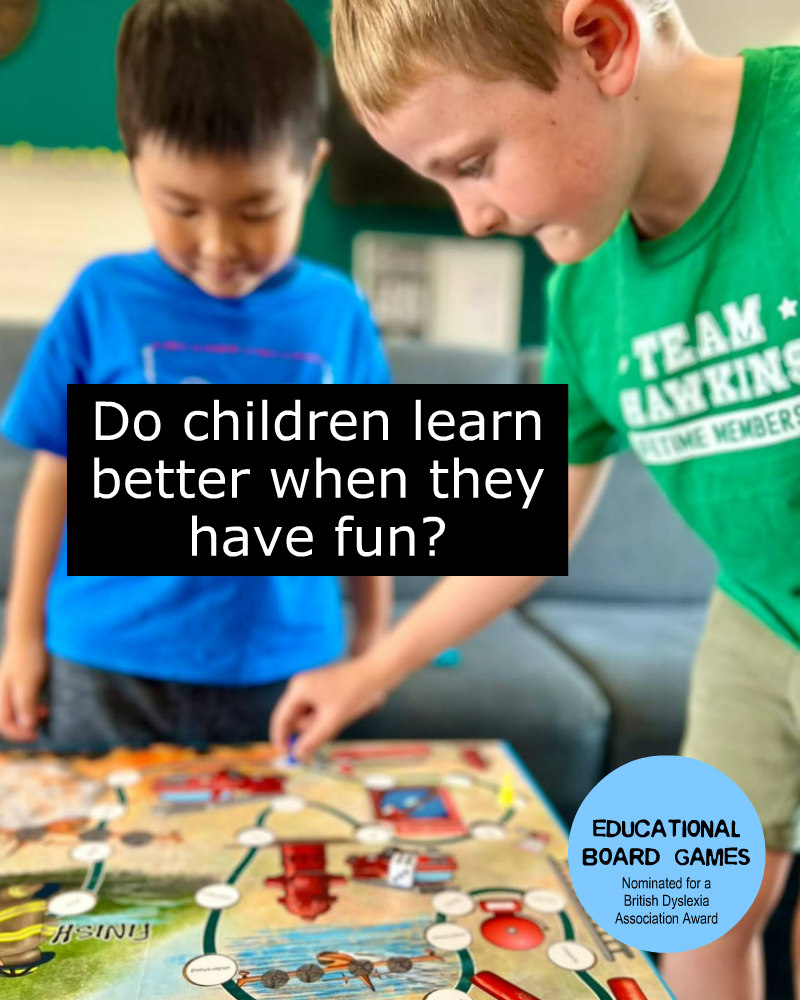
THE BENEFITS OF PLAY
“Play is important because it provides a primary foundation for learning, exploring, problem-solving, and building an understanding of the world and your role within it.”
But how do children learn through play? Well, it’s simple. Play allows children the chance to emulate what they see and practice skills. It gives them an outlet for creativity and experimentation, and play helps them learn how to interact and communicate with others.
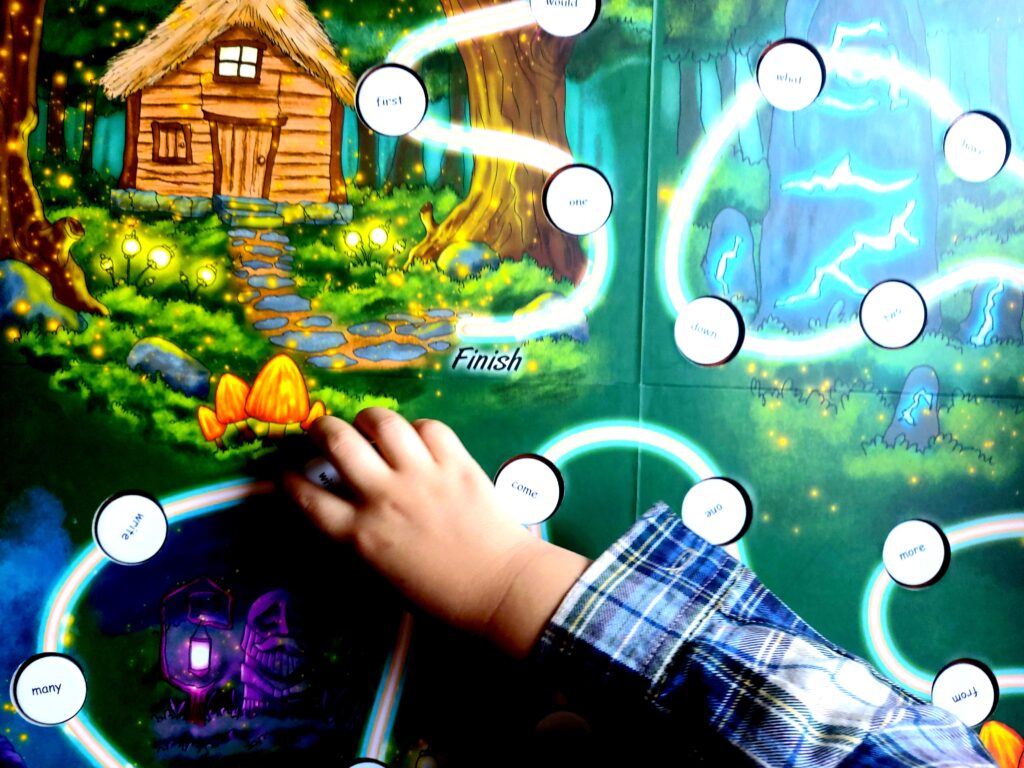
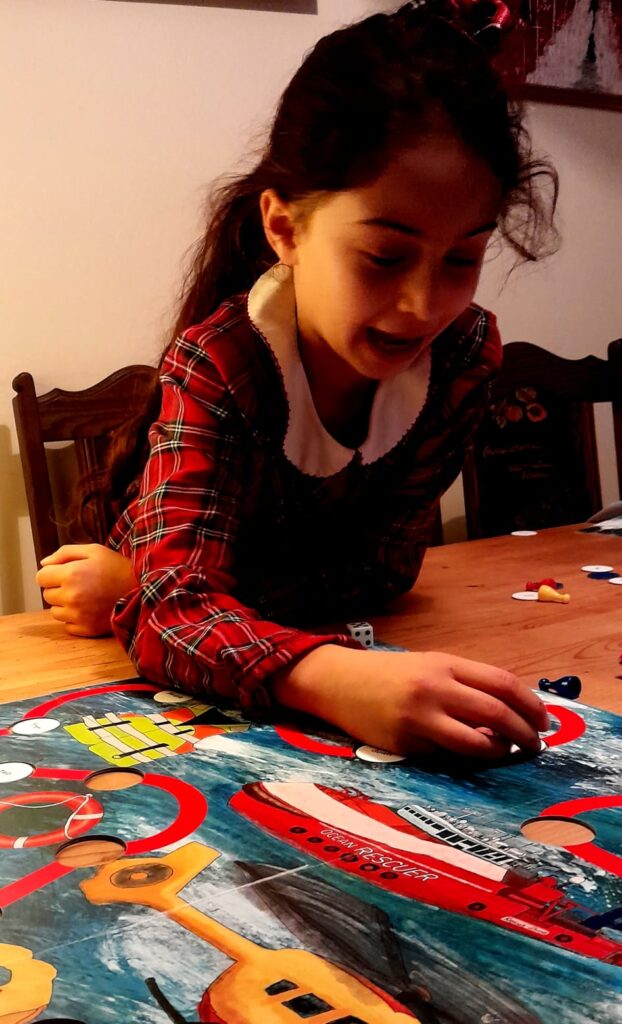
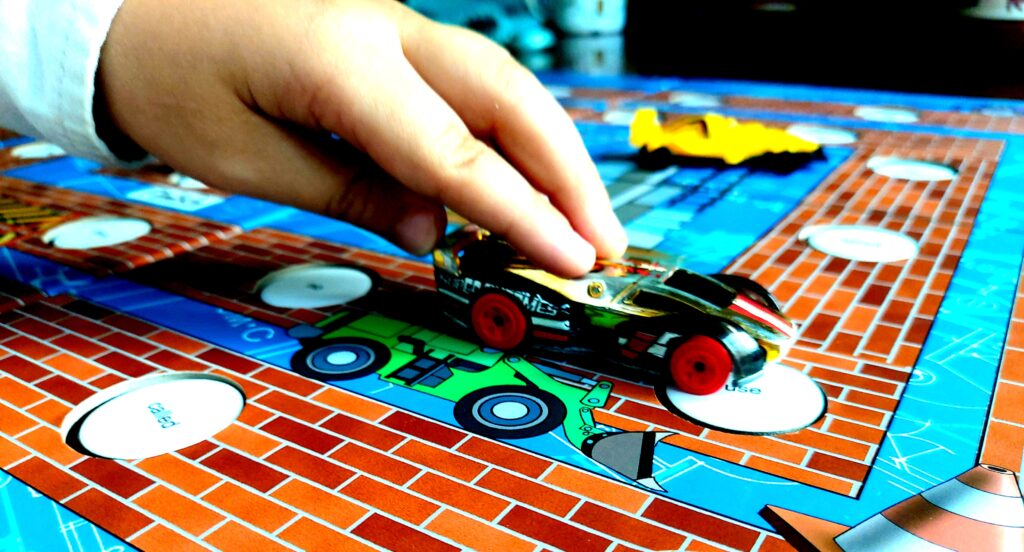
Physical benefits
Physically, play benefits children in a few ways, namely in the development of their fine and gross motor skills.
“Play benefits motor development by encouraging movement [and the] understanding of spatial relations, promoting motor planning skills, and supporting balance and dexterity. “It also supports gross motor skills, such as energy, stamina, flexibility, and body awareness.”
Social benefits
Play is also important for social development because it helps children learn how to interact with others.
Through play, children develop an understanding of social expectations and rules, and play provides opportunities to share thoughts and ideas, to listen, and to compromise.
Cognitive benefits
Play promotes healthy development and critical thinking skills. It reinforces memory, helps children understand cause and effect, and helps children explore the world — and their role in it. Play also inspires children to pretend, create, and imagine. Creative, open-ended play helps children conceptualiSe, brainstorm, and exercise critical thinking skills.
Emotional benefits
Additionally, play helps children understand and process their emotions. When a child loses a game, for example, they learn to process sadness, anger, and grief. Playing also helps build confidence and encourages the development of their identity and self-esteem.
